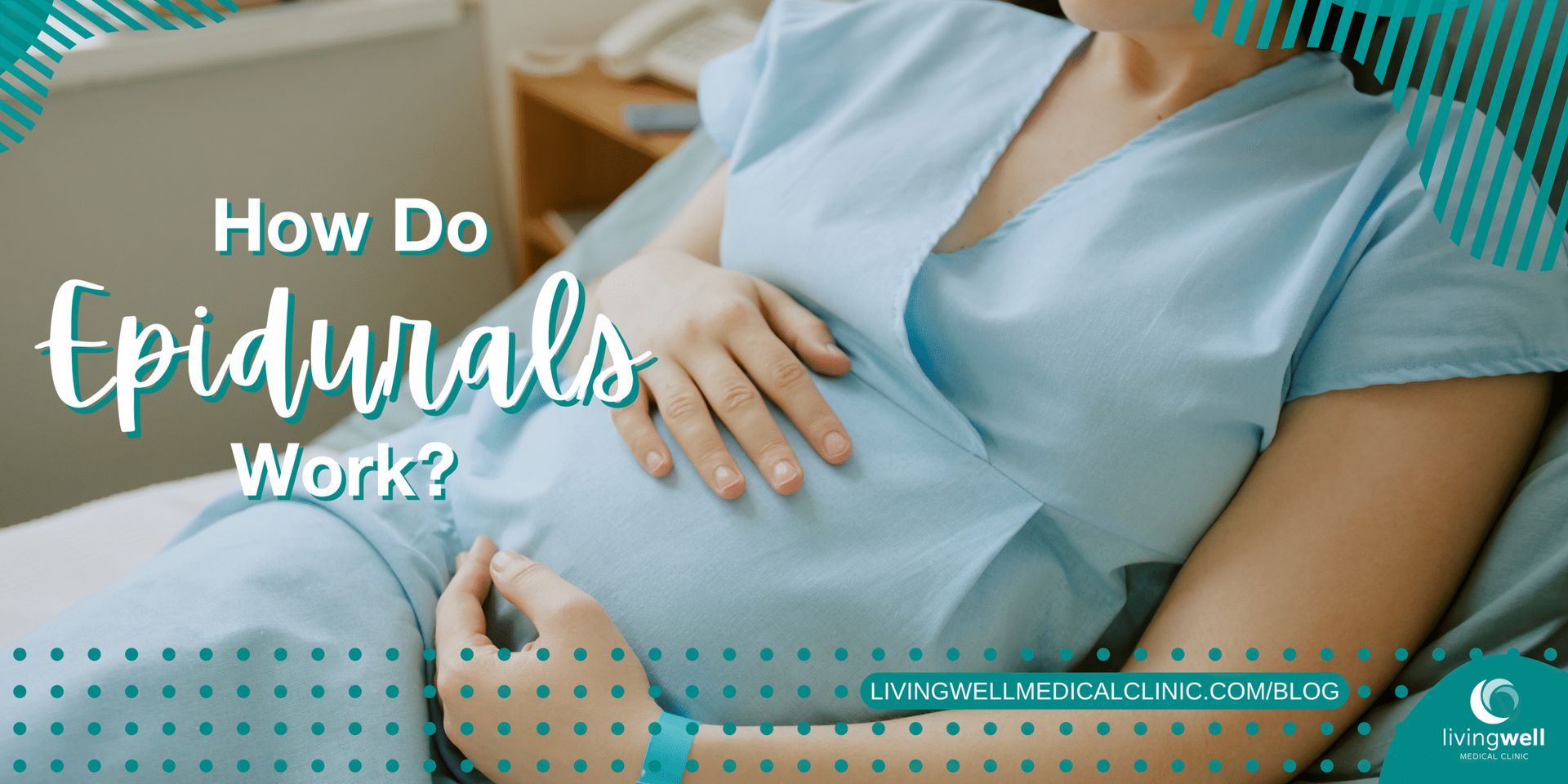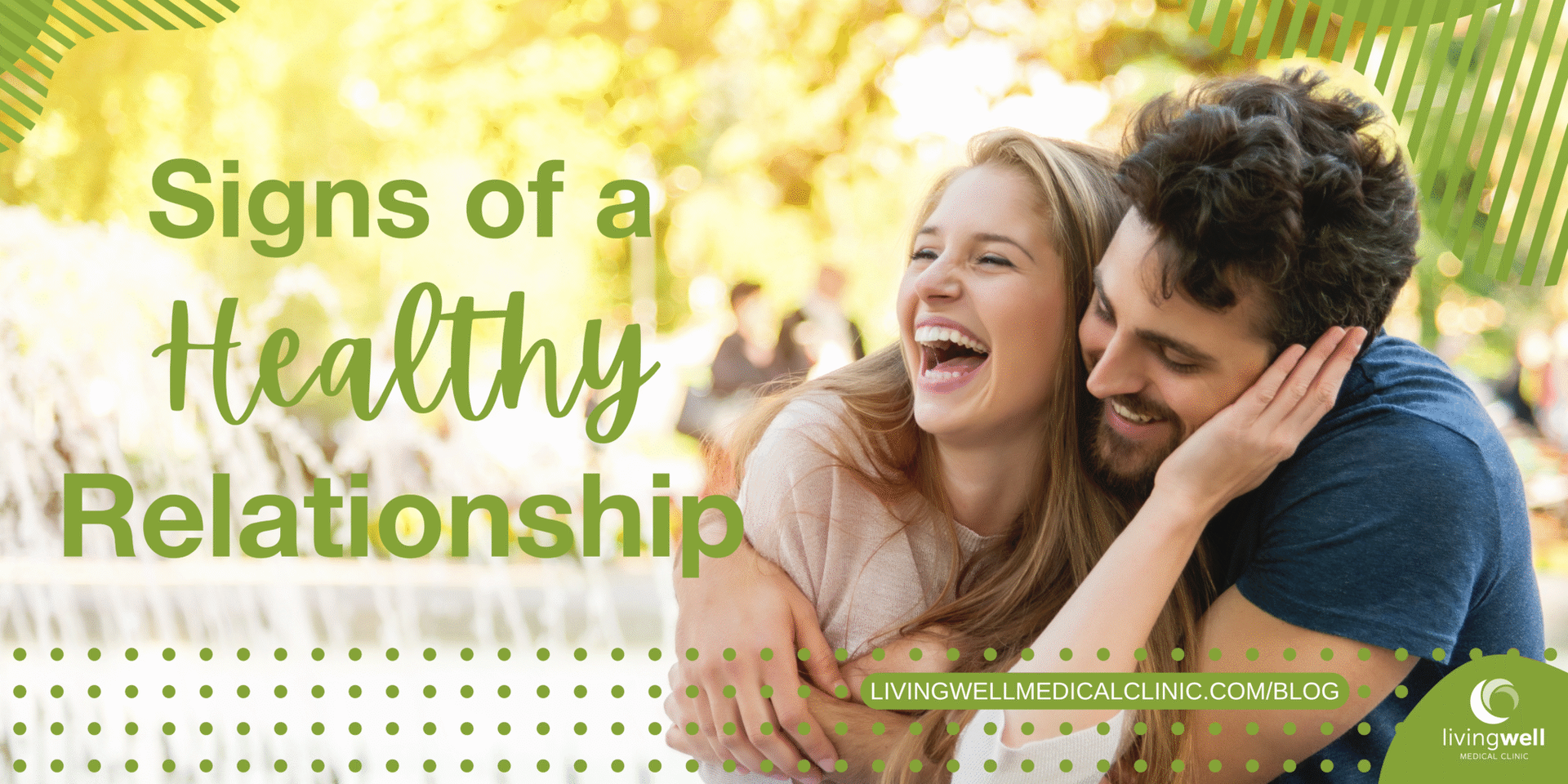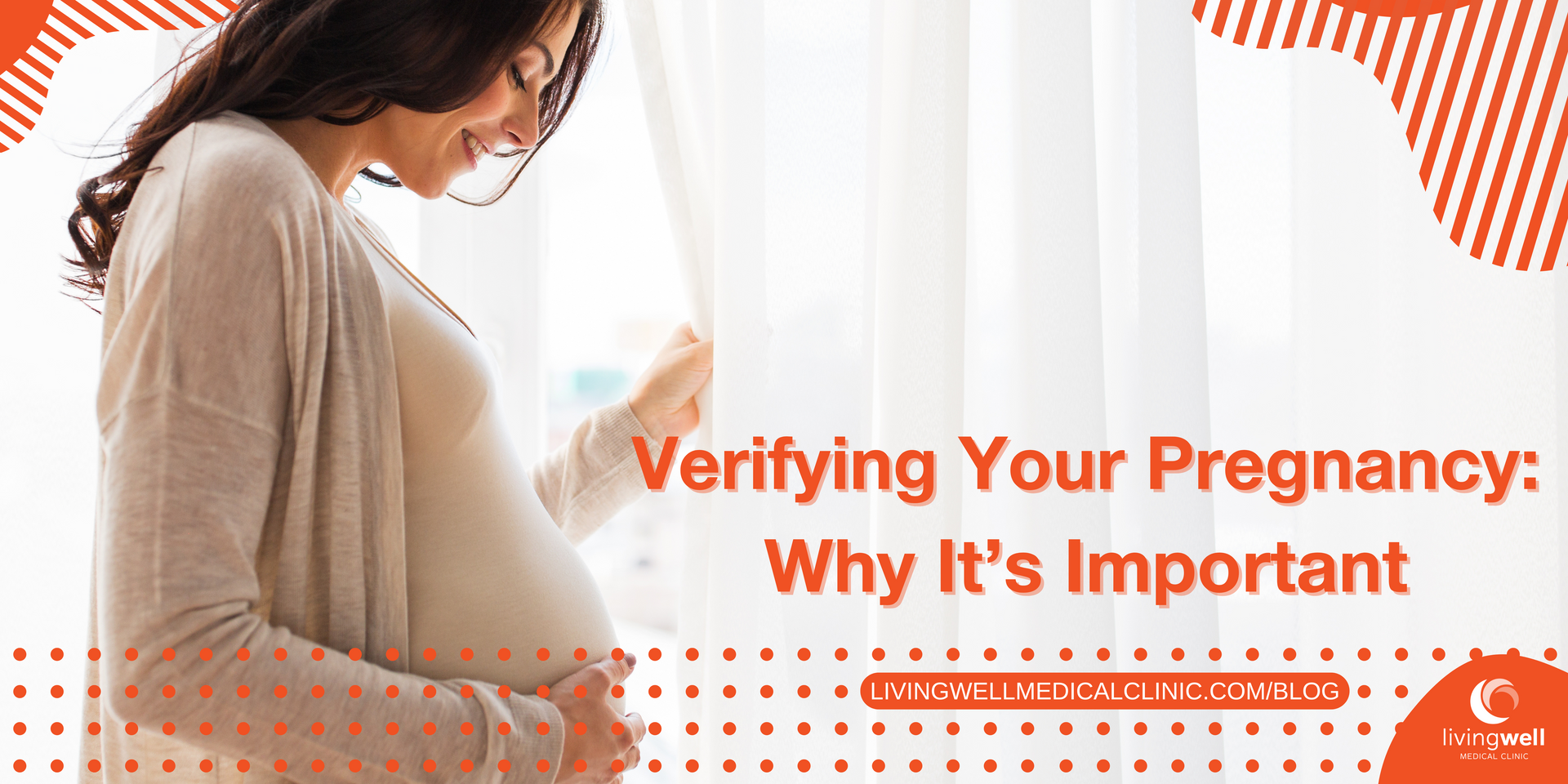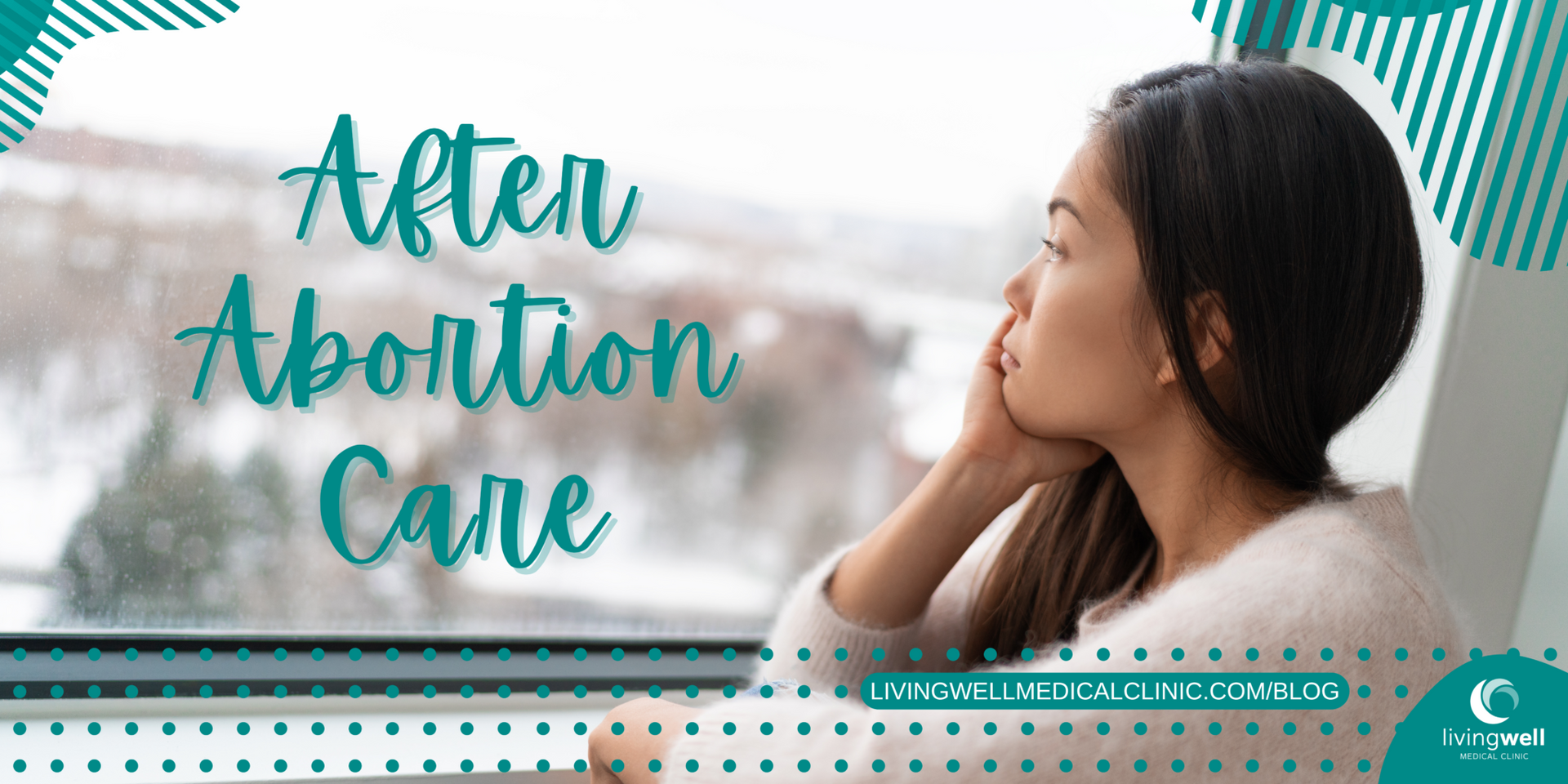The Four Phases of Your Cycle
The Four Phases of Your Cycle
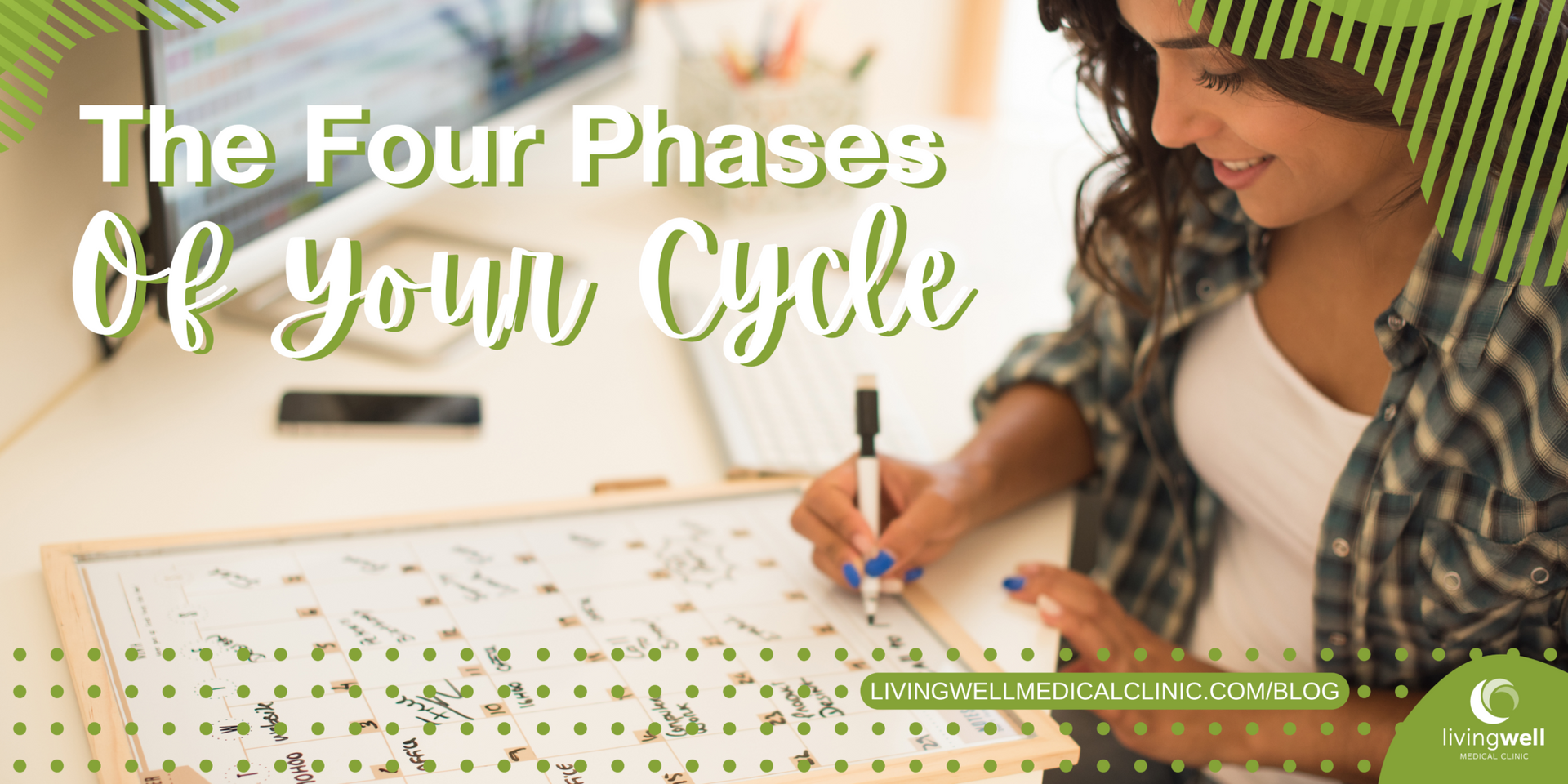
Every month, a woman goes through four phases of the menstrual cycle. Each phase has a different cause and varying symptoms. It’s helpful for a woman to understand each cycle to know herself and her body better.
So what are the four phases of your cycle? Let’s start with the first.
Menstrual Phase
More commonly known as your period, the menstrual cycle happens when a dropped egg from a previous cycle was never fertilized. Your body prepares for pregnancy every month by thickening the lining of your uterus. If you don’t get pregnant, your body expels the now unneeded blood and tissue, causing your period.
The length of the menstrual cycle depends on the woman. It typically lasts 4-5 days but can vary from a couple days to a week. During this time, you may experience symptoms such as:
- Mood swings
- Cramps in various places
- Tiredness or fatigue
- Tender or swollen breasts
- Bloating
- Irritability
As soon as your period ends, or sometimes a few days before, your body begins to transition into the next phase of your cycle.
Follicular Phase
The follicular phase lasts for roughly 16 days. This is when your ovaries produce between 5 to 20 small sacs known as follicles, which each contain an egg. “Only the healthiest egg will eventually mature (On rare occasions, a female may have two eggs mature). The rest of the follicles will be reabsorbed into your body” (Healthline). This is also when your uterine lining begins to thicken, creating an ideal environment for pregnancy.
During this time, you may experience an energy boost, increased productivity, and clearer skin.
Near the end of the follicular phase, your rising estrogen levels cause your body to release luteinizing hormone (LH), which kicks off the third phase of your cycle.
Ovulation Phase
Luteinizing hormone (LH) triggers ovulation and the release of an egg from your ovary. The unfertilized egg then travels down the fallopian tube where it can be fertilized by sperm.
The ovulation phase typically lasts about four days, however it only peaks for one full day. This is the time period where you are most likely to get pregnant.
During ovulation, you will experience some common symptoms such as:
- A rise in your basal body temperature
- Thicker and more discharge
- A higher sex drive
Your basal body temperature is your temperature after at least 3 hours of sleep. It’s most accurate after a full night’s sleep. You can track your ovulation period by taking your temperature right after you wake up and marking it down to see when it increases.
The increased levels of progesterone and estrogen take you into your fourth and final phase.
Luteal Phase
The luteal phase looks different depending on if you are pregnant or not. If pregnancy occurs, your body keeps its rise in hormones, along with producing human chorionic gonadotropin (hCG). This is the hormone that a pregnancy test will detect. Your body does this to stay ready for the fertilized egg to be planted in your uterus.
If you are not pregnant, the hCG becomes reabsorbed and your hormone levels will drop. “This leads to decreased levels of estrogen and progesterone, which causes the onset of your period” (Healthline). Going from a hormonal high to a deep low can cause premenstrual syndrome, or PMS. PMS can cause symptoms like:
- Mood changes
- Sadness
- Food cravings
- Low sex drive
- Anxiety
- Trouble sleeping
If you aren’t pregnant, the luteal phase lasts about 14 days. Once that time is up, your body begins the menstrual phase, causing the cycle to start over again.
Take Care of Yourself!
The constant changes that happen during a woman’s cycle can be challenging. Every woman has their own unique symptoms and needs during the different phases. Remember to take care of yourself and acknowledge your personal needs!
How We Can Help
If you are pregnant and looking for a safe space to explore your options, get your questions answered, or need pregnancy testing or an ultrasound to confirm your pregnancy, we are here to help you. Schedule an appointment with us today by clicking here, calling us at (530) 272-6800 or texting us at (530) 802-0858.
Sources and Links
Watson, Stephanie. Stages of the Menstrual Cycle. Healthline. 2023
https://www.healthline.com/health/womens-health/stages-of-menstrual-cycle
Higuera, Valencia. PMS: Premenstrual Syndrome Symptoms, Treatments, and More. Healthline. 2023.

Eva Fisher, R.N.
Nursing Director
The content on this page has been reviewed and approved by our Nursing Director.



